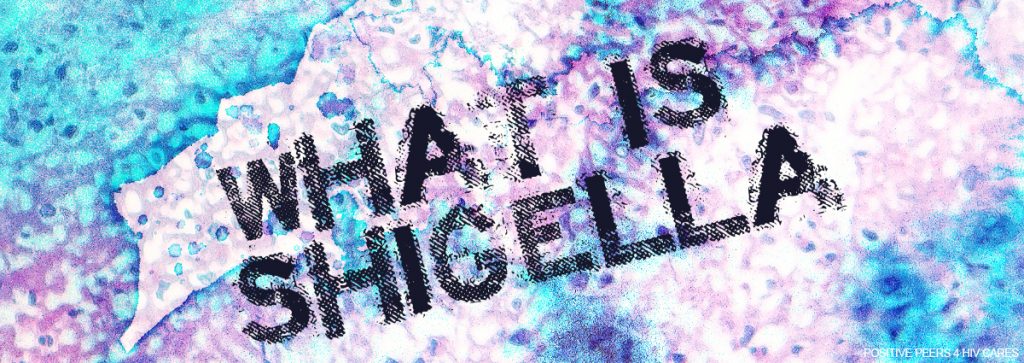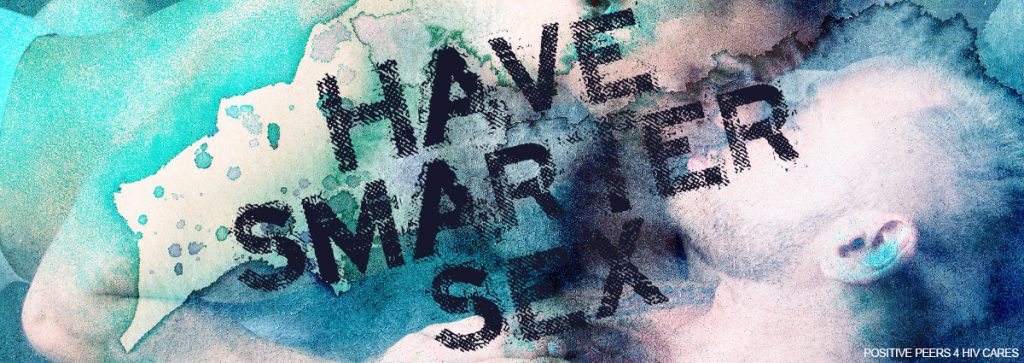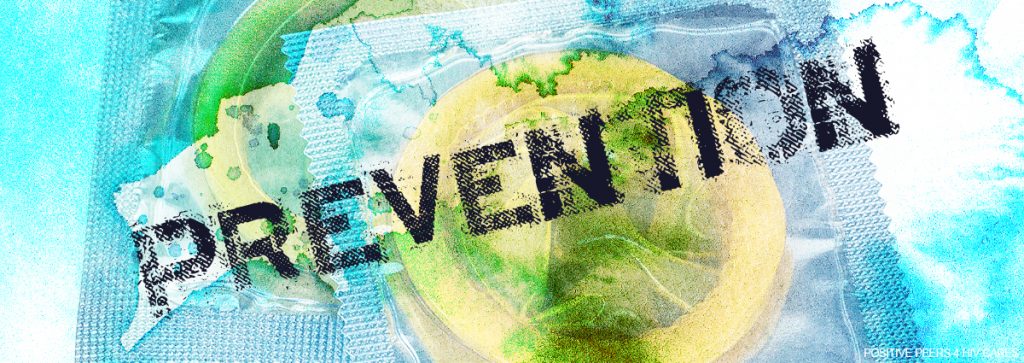
By: Ann K. Avery, MD, Infectious Disease Physician at MetroHealth Medical Center
Shigella is a nasty kind of bacteria that loves to infect your gut and give you a terrible case of diarrhea that lasts for weeks.
It’s important to be extra aware of Shigella when engaging in anal sex because it passes the infection to anybody who touches the infected poop — even a tiny speck of it. You can also pick it up from dirty diapers or infected ponds or lakes where people go for a swim. Once you become infected, preparing food for other people is a no-no because it’s easy to infect them, too.
If you’re putting your fingers or other sexy parts in somebody’s anal area, it may be a good idea to make sure you and your partner don’t have shigella first. Trust us: it might be sexy in the moment, but the consequences are decidedly not.

What exactly is shigella?
Shigella is a category of bacteria. It attacks the gut of humans, causing fevers, stomach pain, and diarrhea that can last for up to a month. People usually get sick a couple days after exposure, and they remain contagious for a couple weeks after the symptoms go away.
Do the math: you could be down for the count for six bad weeks.
Come join our private, stigma-free, supportive community.
Health management tools with medication & appointment reminders.
Social networking in a community conversation & private chats.
How do we treat shigella?
Unfortunately, there’s no vaccine to prevent a Shigella infection. After you’ve had a shigella infection once, you’re usually immune to the variety of the bacteria that made you sick. But other varieties of Shigella can still infect you.
Some antibiotics can cure shigellosis. Keep in mind, however, that some varieties of Shigella have developed a resistance to antibiotics — meaning that a prescription might not be able to help you.
In those cases, doctors will usually treat the symptoms since they can’t cure the disease. That can mean staying hydrated and taking painkillers for the fever and cramps.
Some types of diarrhea medicine don’t work with Shigella. Your doctor can help you figure out which ones will work best for you.
How do we prevent shigella?
Shigella gets transmitted by the “fecal-oral” route. This means you can get it through direct person-to-person or sexual contact, or indirectly through contaminated food, water, silverware, etc.
Prevention starts with thorough, frequent handwashing and strict adherence to standard food and water safety precautions (like no raw meat). Hand sanitizer is also useful, though handwashing is generally preferable.
If you enjoy anal sex, you may also want to consider minimizing your exposure to poop during sexual contact.
Here’s a quick recap of different forms of protection you might want to consider:
- latex gloves for fingering and fisting
- condoms for anal penetration
- dental dams for any rimming action. They even come flavored…yum!
You might also want to get tested together with your partner. It’s sort of romantic, or at least we think so 😉.
It can be easy to accidentally contaminate your hands when handling or taking off these protective layers. So, we recommend washing your hands thoroughly with soap and water after anal sex.

Taking shigella seriously
If you’re living with HIV, taking your meds as directed every day helps your immune system, but you’ll still want to be careful and do what you can to avoid getting an infection.
If you’re having sex that exposes you to your partner’s fecal bacteria, you could face a higher risk of getting the disease.
Once someone has shigellosis, they normally need to stay home to avoid infecting other people. That could cost you a couple weeks off your job. And if any other people depend on you to prepare their meals, they’ll need to make other plans.

Shigella: One more reason to have smarter sex
We’ve written a lot on Positive Peers about how taking your meds every day as directed makes it essentially impossible to infect somebody else with HIV.
That's great news, of course, but U=U doesn’t protect you from someone’s poo (and there’s the rhyming again). We encourage you to protect yourself from all the other sexually transmitted infections (STIs) out there. You know — syphilis, gonorrhea, HPV, etc. (We say that a lot, too).
Sex that can make you sick for over a month isn’t the kind of sex that anyone wants. So, we encourage you to be smart and keep things fun (and healthy) for everybody.
Related Blogs:



